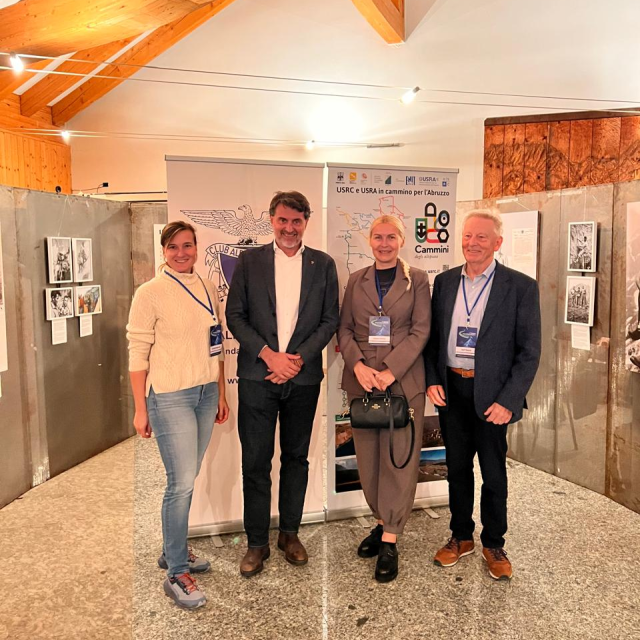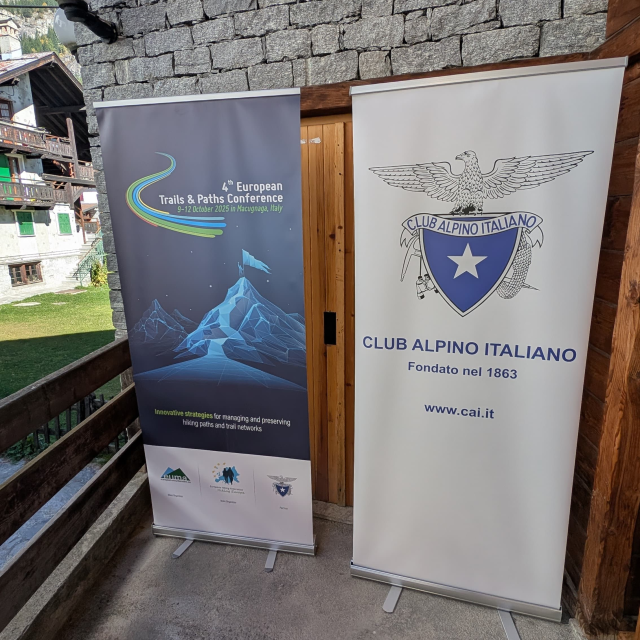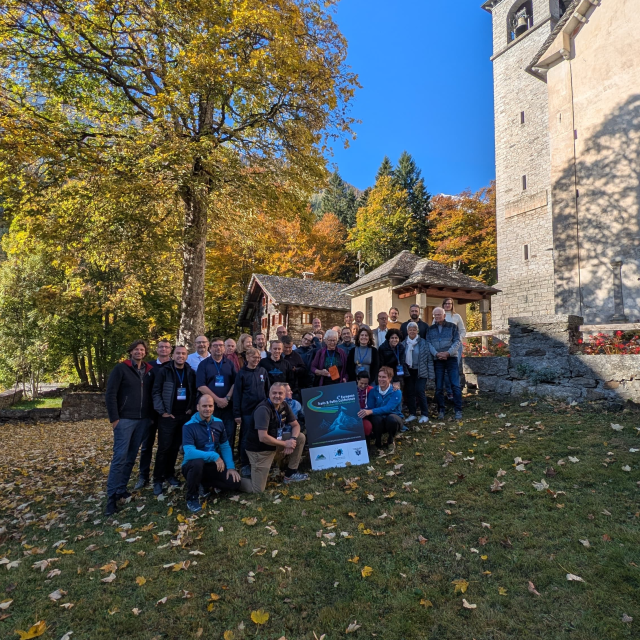From 9–12 October 2025, more than 50 participants from over 15 European countries gathered in Macugnaga, Italy, for the 4th European Trails and Paths Conference, co-organised by EUMA, ERA, and CAI.
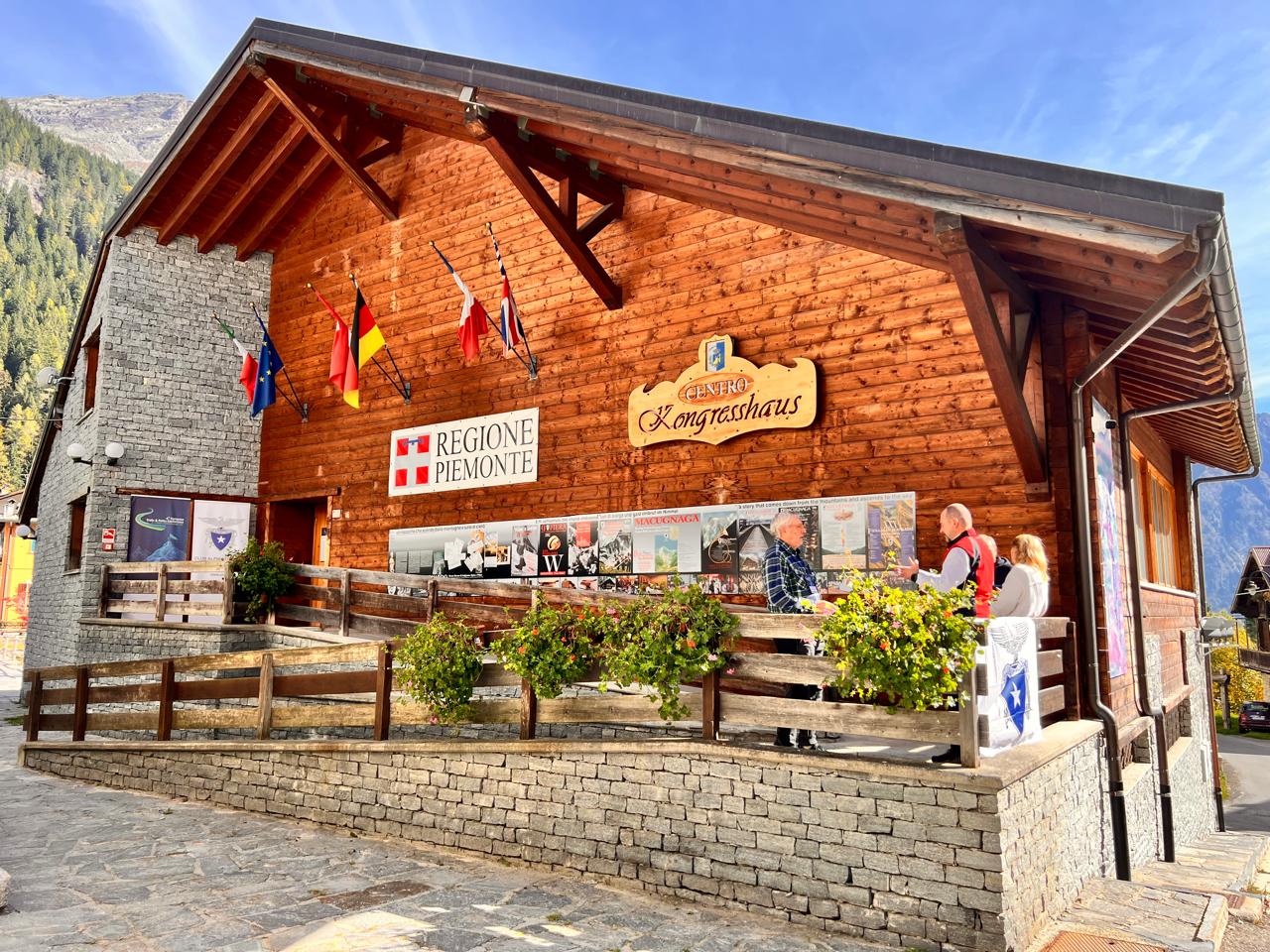
Building on the sustainability focus of the 2024 Paris conference, this year’s edition explored the theme “Digitalisation for Hiking and Mountain Trails” — examining how digital tools, data standards, and innovation can enhance sustainable trail management across Europe.
Over 20 presentations and panel discussions showcased diverse initiatives: open trail databases, cross-border GIS platforms, cultural and heritage routes, accessibility projects, sustainable mountain villages, and digital tools for safety and infrastructure.
A common message emerged: digitalisation should connect, not replace, human engagement — empowering local communities, volunteers, and hikers while preserving natural and cultural heritage.
Key outcomes included:
The need to establish shared European standards for digital trail data;
Stronger integration between mapping, sustainability, and community engagement;
Closer collaboration between public institutions, local stakeholders, and digital innovators;
Strengthened cooperation between ERA and EUMA to represent Europe’s hiking and mountaineering community.
The conference concluded with optimism and a clear sense of direction: digital innovation is not an end in itself, but a bridge between hikers, mountains, and communities.
A full report and speaker presentations are available.
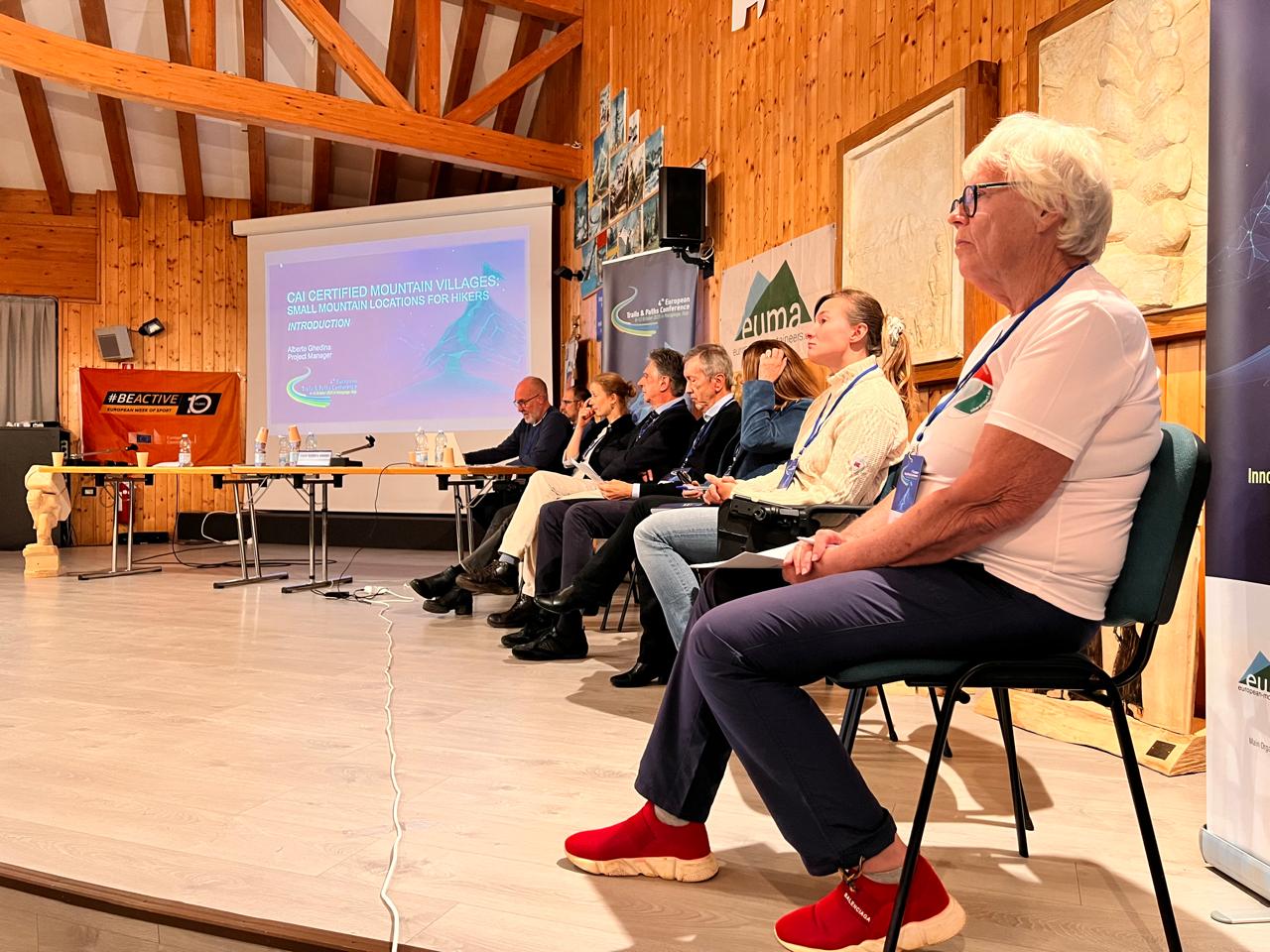
Charter for Hiking and Mountaineering Trails
At the close of the conference, ERA and EUMA unveiled their new Charter for Hiking and Mountaineering Trails, outlining a shared vision for the future of Europe’s trail networks.
The Charter calls for the creation of inclusive, accessible, and sustainable trails that connect people, nature, and culture.
Its core principles include:
Access for all: Promoting hiking as an inclusive, affordable, and non-competitive activity open to everyone;
Sustainability and responsibility: Safeguarding trails and natural areas through responsible use and balanced management;
Support and recognition: Ensuring funding, valuing volunteer work, and leveraging digital tools for improved data and management;
Advocacy: Fostering collaboration at national and European levels to explore a potential EU directive to protect trails;
Innovation and cooperation: Promoting common digital standards, effective funding mechanisms, and the recognition of trails as a shared public good;
Engagement: Strengthening member participation, empowering local communities, and adapting to environmental and social change.
In essence, the new Charter unites Europe’s hiking and mountaineering community around shared values, quality standards, and forward-looking innovation — ensuring that Europe’s trails remain accessible, well-maintained, and beneficial for people, nature, and future generations.
